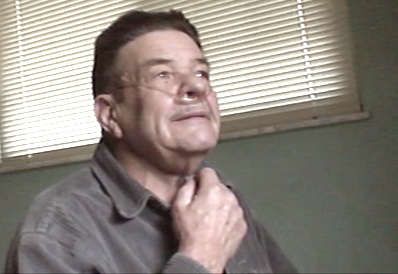
Chronic obstructive pulmonary disease (COPD) is among the most common of lung diseases in the US. A common treatment for COPD is oxygen therapy which requires patients to breathe through a nasal cannula from an outside source of oxygen typically generated by a large piece of equipment called an oxygen concentrator or stored in a tank in either a gaseous or liquid form.
Our client developed a new lightweight, small, easy-to-carry liquid oxygen system for home oxygen therapy that would allow COPD patients to have a better quality of life and improved oxygen saturation. The system includes a device that generates and stores a daily supply of liquid oxygen and a lightweight, long-duration, portable device for ambulatory use. It allows home oxygen providers to offer liquid oxygen without costly weekly deliveries often not covered by medical insurance. Our client asked us to research interactions with current oxygen solutions to obtain opinions about current systems and to elicit desires regarding new systems. We solicited input from providers, users, and prescribers of oxygen therapy using contextual interviews supplemented with secondary research. Contextual interviews are loosely structured and take place in the context of use. The loose structure enables the interview to proceed like a conversation, placing the interviewee at ease and encouraging detailed responses. By placing the interview in the context of use, the interviewer can witness the activity being researched and steer the conversation based on observations. Over the course of our research common patterns of use, opinions, and desires were identified and analyzed. Our results, presented in visual charts and maps, written reports, and video and powerpoint presentations allowed our client to begin development of a pre-production oxygen therapy system for the purpose of FDA approval.